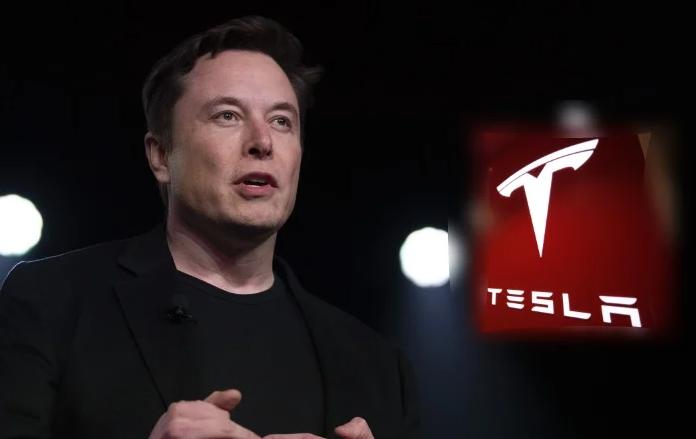A growing number of U.S. consumers are abandoning Tesla. What does this mean for the company's future and the competitive EV landscape?
Tesla Trade-Ins Reach Record High in California
According to Edmunds, Tesla owners traded in a record number of vehicles in March 2025, with trade-ins rising 250% year-over-year — most involving 2017-and-newer models.
More significantly, many of these trade-ins were not linked to the purchase of another Tesla, indicating a potential shift in brand sentiment.
Brand Loyalty in Question
Jessica Caldwell, Executive Director of Insights at Edmunds, explained in an interview with CBS News that Tesla’s brand loyalty is under pressure due to several compounding factors:
-
Elon Musk’s heightened political involvement, particularly his association with former President Donald Trump
-
Concerns over Tesla’s resale value and depreciation
-
Market saturation in urban areas such as Los Angeles and San Francisco, making the brand feel "common"
One anonymous Tesla owner interviewed by CBS said he sold his Model Y at a $10,000 loss, stating:
“I just became honestly disgusted by what [Musk] stands for... I feel kind of dirty driving it around.”
Online Interest in Tesla Drops to Multi-Year Low
Further indicating waning enthusiasm, Edmunds reports that consumer search interest in new Teslas dropped to 1.8% in February 2025, the lowest level since October 2022. In contrast, search interest peaked at 3.3% in November 2024.
EV Market Expands While Tesla Loses Ground
Despite Tesla’s own U.S. sales declining 13% year-to-date, the electric vehicle market continues to grow overall. According to Cox Automotive:
-
U.S. EV sales rose 11% in Q1 2025
-
EVs accounted for 8% of all new car sales
-
Tesla’s U.S. market share declined to 44%, down from 50% in Q2 2024 and nearly 65% in 2022
Tesla Owners Are Defecting to Legacy Automakers
As competition intensifies, Tesla is no longer the only EV option for consumers seeking cutting-edge technology. Edmunds reports that many Tesla owners are now switching to electric models from traditional automakers:
“Five years ago, legacy automakers didn’t have EVs that could compete with Tesla. Now they do.”
— Edmunds
Popular EV alternatives among former Tesla owners include:
-
Hyundai Ioniq 5 and Ioniq 6
-
BMW i4 and iX
-
Mercedes-Benz EQ Series
Political Turbulence Further Undermines the Brand
Longtime Tesla advocate Dan Ives, a tech analyst at Wedbush Securities, warned that Musk’s overt political ties are damaging Tesla’s stock and brand image:
“This is a dark brand crisis tornado. Musk must recalibrate the balance between his CEO duties and political activism.”
— Dan Ives, Wedbush Securities
Summary: Tesla’s Market Position Faces Real Risks
| Metric | 2023 | 2024 Peak | 2025 (YTD) |
|---|---|---|---|
| Tesla Trade-In Growth (YoY) | — | +43% | +250% |
| U.S. Tesla Market Share | ~59% | 50% (Q2) | 44% |
| Tesla Online Search Interest | 2.9% avg | 3.3% (Nov) | 1.8% (Feb) |
| U.S. EV Market Growth (QoQ) | +7.2% | +9.5% | +11% |
While Tesla remains the leading EV manufacturer in the U.S., its grip on the market is weakening. Brand loyalty is no longer guaranteed, and increased competition — coupled with political controversy — may accelerate the erosion of its dominance.








Share:
Tesla Faces Potential Multi-Billion Dollar Liability Over Inadequate Self-Driving Hardware in 4 Million Vehicles
Tesla Faces Brand Struggles Despite Elon Musk’s Pledge to Refocus